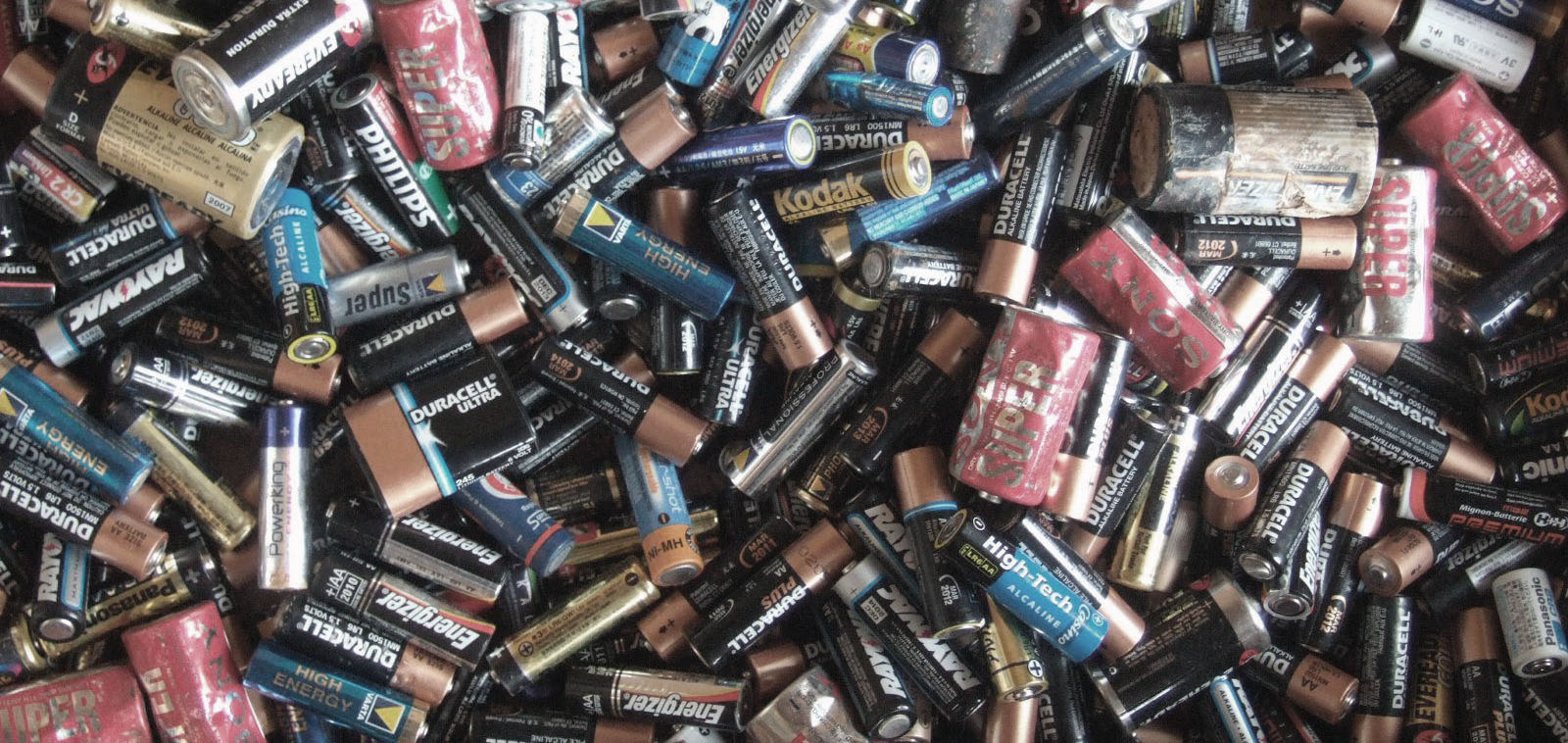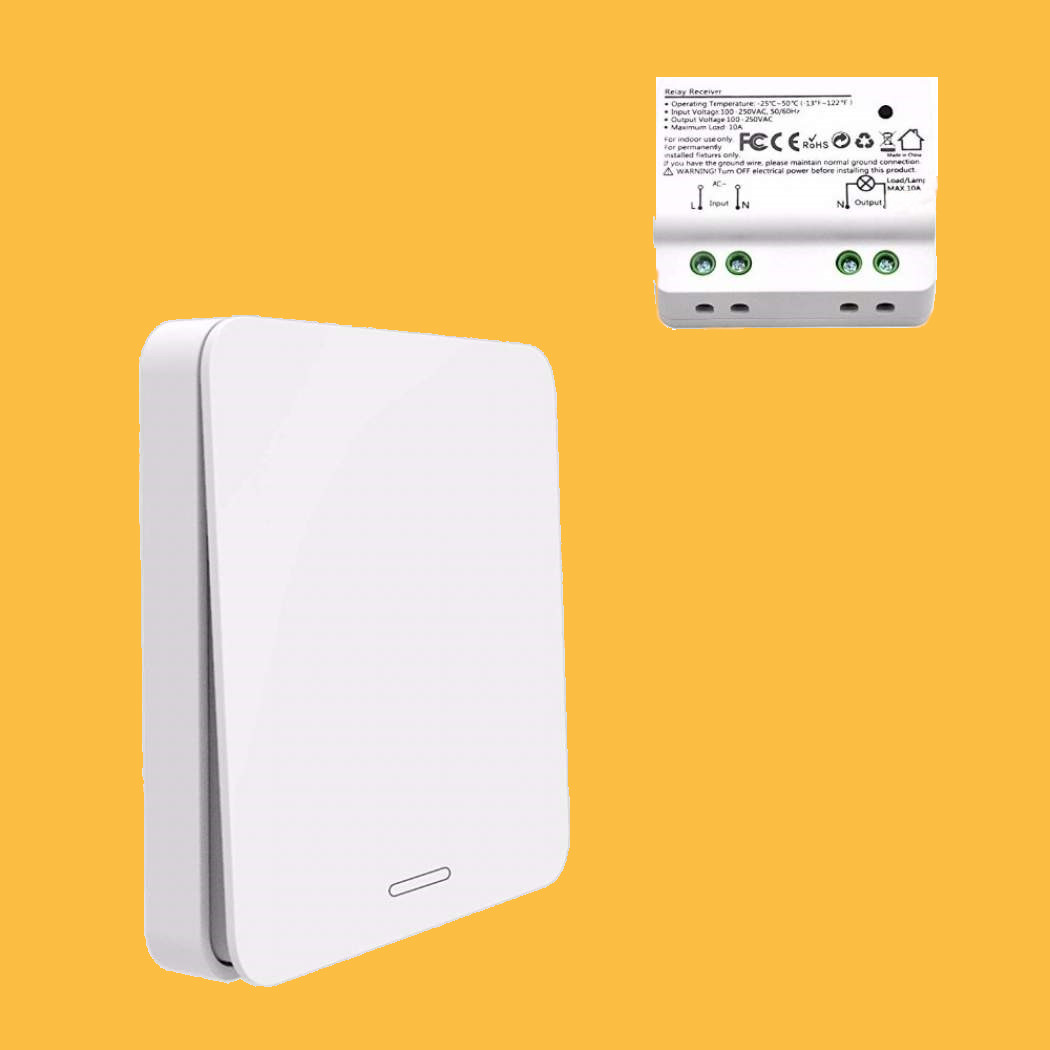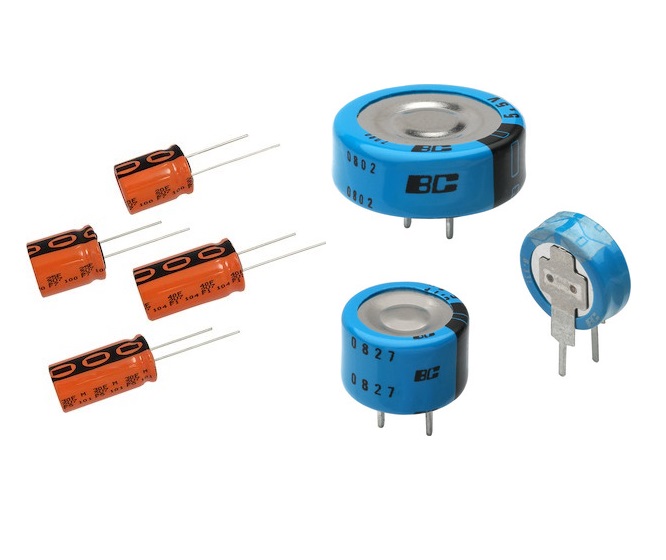
Society has become depended on battery-powered devices like Wearables/trackers, IoT gadgets. Here's how that can change.
Recent advances in technology has resulted in the proliferation of battery-powered connected devices which we have grown to relying upon in our day to day activities: Wearables/trackers, wireless sensors and a plethora of other IoT gadgets.
Many of these devices have the same high level function, which is communicating information that will trigger an action. For those devices to communicate, a common feature today is to do so wirelessly. The main advantage is to simplify the integration in an existing infrastructure by avoiding the need to run cables. Therefore, the main challenge then is to find a source of energy. The easiest way and therefore most opted route taken by an engineer is to use a battery. There are many shapes and sizes available (more if you have deep pockets) and combined with low power electronics they can last longer. But the “innovation” stops here as batteries have a finite amount of energy available and will always need to be replaced or recharged at some point, however low power your electronics may be.
Recharging or recycling? One obvious issue when using batteries is the ever growing environmental concerns: Shall we use rechargeable? How good is the recycling process of old batteries?
Recharging takes time and is usually a very inefficient process, meaning that we will use a lot more energy to charge a battery than we will be able to use once charged. And even the best batteries leak current, adding to the inefficiency.

Recycling a battery is possible, and all kind of batteries can be recycled. The process is not always environmentally friendly, but there is a way to recycle any type of battery. However, the only way this can be done is by having the user dispose of the batteries into collection containers such as those found in supermarkets. Unfortunately, there will always be some batteries which will end up in a general waste bin, or even straight into nature. This releases toxic chemicals, which can have disastrous impact on environment and health.
Beyond the environmental concerns, the obvious drawback of a battery powered system is that it will inevitably need maintenance.
A smarter approach? Energy harvesting & low power Electronics
The combination of ultra-low power electronics and efficient energy harvesting techniques means that with good system design practice, it is increasingly possible to make batteryless products. We, designers and engineers, have a responsibility in pushing for batteryless designs. Just like each type of renewable energy deployment depends on the specific environment, the energy harvesting of batteryless systems depends on the application. Here are a few examples showing that the technology is showing momentum.

Kinetic Energy: switches are now available in large DIY stores for either lighting applications or ventilation systems. There is a selection of ICs (integrated circuits)- such as the Cypress Energy Harvesting PMICs - now capable of dealing with the chaotic electrical signal produced by such a switch, and turning it into a regulated voltage ready to be used by a microcontroller – for a short period of time. The idea behind this energy harvesting technique can be widened to vibration, wind, and similar mechanical excitation opening new opportunities for micro generators.
NFC: This technology is growing rapidly and shows how we can harvest sufficient energy from a RFID source to operate without an internal power source. As a result, some devices which would otherwise rely on batteries could instead communicate wirelessly via RFID and harvest the energy they need using the same mechanism.
Solar/Photosensitive Cells: This is a very old technique, and we have probably all played with solar powered calculators and keyboards of this kind. Some new technologies are being developed such as Dye-sensitized solar cell and they show that there is still strong interest in the domain. Use of standard cheap photodiodes as solar cells is also a common practice among recreational designers, but it could make perfect sense to introduce it in a commercial product. It is often difficult to find a reliable supply chain of small Photovoltaic cells but cheap PIN photodiodes may just work as well and are widely available from you average electronics component suppliers.
Energy Storage: Energy harvesting always works in parallel with an energy storage technology. New types of electrical energy storage devices are coming to the market at lower and lower prices, such as ultra-capacitors or some new hybrids like the Vishay “Energy Storage Double Layer Capacitors”. Those give similar opportunities to rechargeable batteries, with longer life. Some systems may enable the introduction of a mechanical way of storing the energy.

It’s worth repeating that the approach for designing the right batteryless system is the same as the introduction of renewable energy: it needs to take into account the context. We believe the future will see improved energy-collection technology being developed and deployed as part of an eco-system of smarter and ultra-low power electronics coupled with more environmentally-friendly energy storage. Today’s state of the art technology already offers many opportunities to design battery-less systems, and the team at i4 Product Design intend to demonstrate some concrete examples over the next few months.
Copyright © 2024 i4 Product Design Ltd. All rights reserved. | Privacy Policy